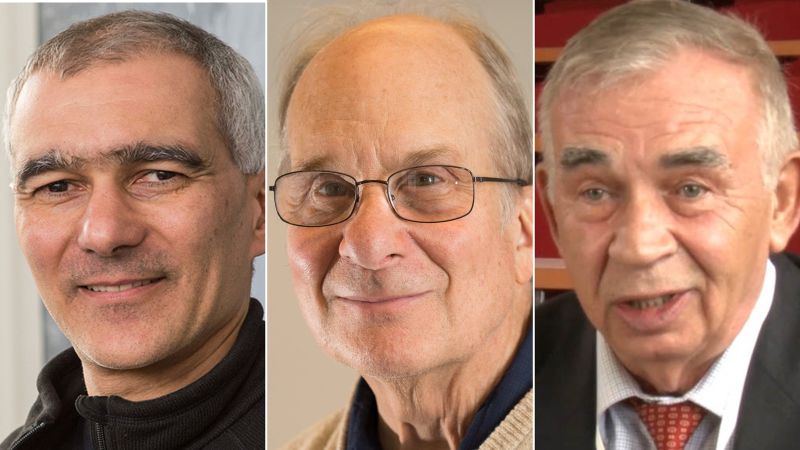
Groundbreaking Nobel Prize-Winning Quantum Dots: Unleashing a Revolution in TV Displays and Cancer Imaging

The groundbreaking discovery of quantum dots has revolutionized various industries, earning three pioneering scientists the prestigious 2023 Nobel Prize in Chemistry These remarkable nanocrystals are widely employed in LED lights, TV screens, and even aid surgeons in cancer tissue removal
The Nobel committee for chemistry announced on Wednesday that Moungi Bawendi, Louis Brus, and Alexei Ekimov have been awarded the 2023 Nobel Prize in chemistry. These three scientists were recognized for their contributions in the discovery and development of quantum dots, which are widely used in LED lights, TV screens, and also by surgeons in cancer tissue removal.
"For a long time, nobody thought you could ever actually make such small particles. But this years laureates succeeded," said Johan Aqvist, chair of the committee.
The committee stated that the scientists' work contributed to the development of quantum dots. In the 1980s, Ekimov conducted experiments with colored glass, which revealed size-dependent quantum effects. The committee mentioned that the color of the glass was attributed to nanoparticles of copper chloride, and Ekimov demonstrated that the particle size influenced the glass color through quantum effects.
Brus became the pioneer in proving size-dependent quantum effects in particles that were suspended in a liquid a few years later.
In 1993, Bawendi transformed the chemical production of quantum dots, resulting in particles that were deemed "almost perfect" by the committee. This breakthrough enabled the practical utilization of the dots in various applications.
Bawendi, an American professor at the Massachusetts Institute of Technology, and Brus, an American professor emeritus at Columbia University, are joined by Ekimov, a Russian working for Nanocrystals Technology Inc.
The prize was won by Moungi Bawendi, Louis Brus and Alexei Ekimov.
Massachusetts Institute of Technology/Columbia University/Nexdot
The committee inadvertently published their names hours before the official announcement.
Swedish newspaper Aftonbladet published a copy of an email it said was from the academy, Reuters reported.
Aqvist told Reuters: "It is a mistake by the Royal Swedish Academy of Sciences. Our meeting starts at 0930 CET (0730 GMT) so no decision has been made yet."







